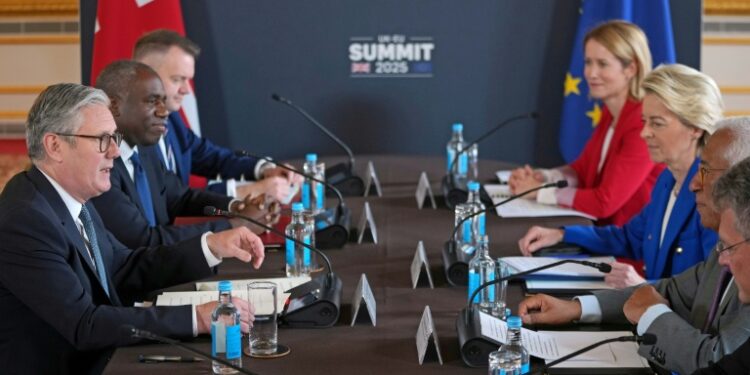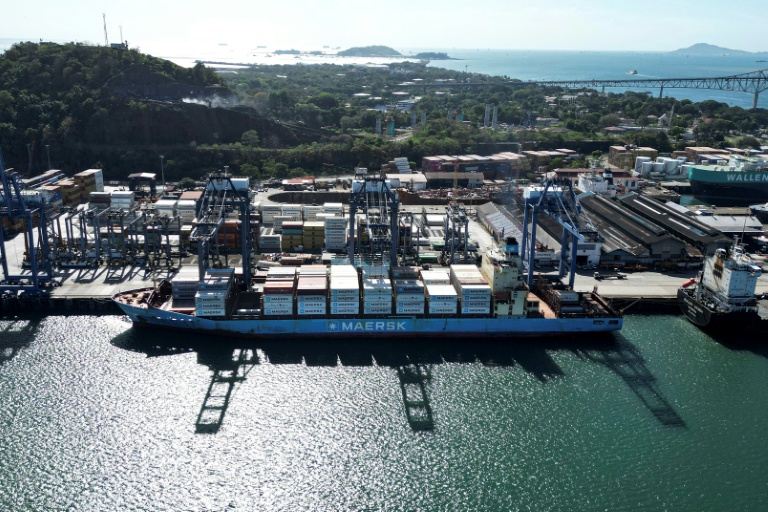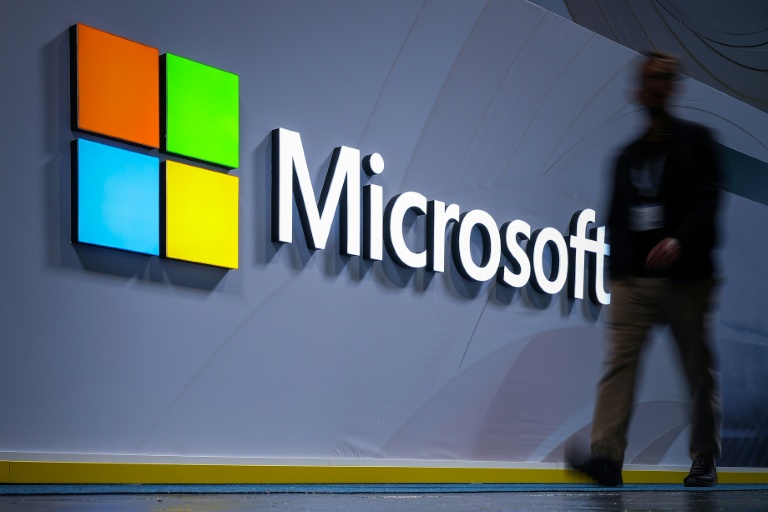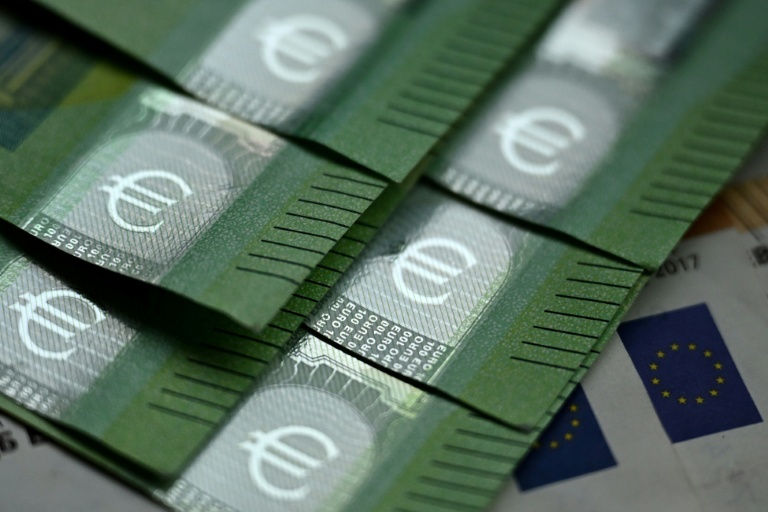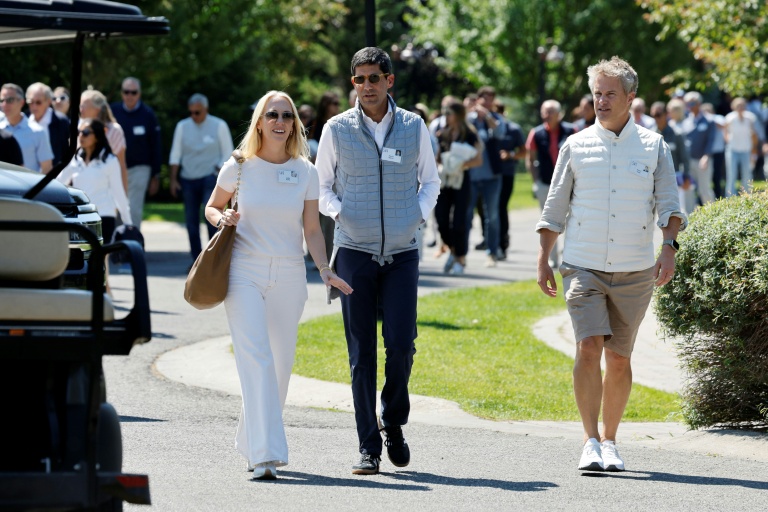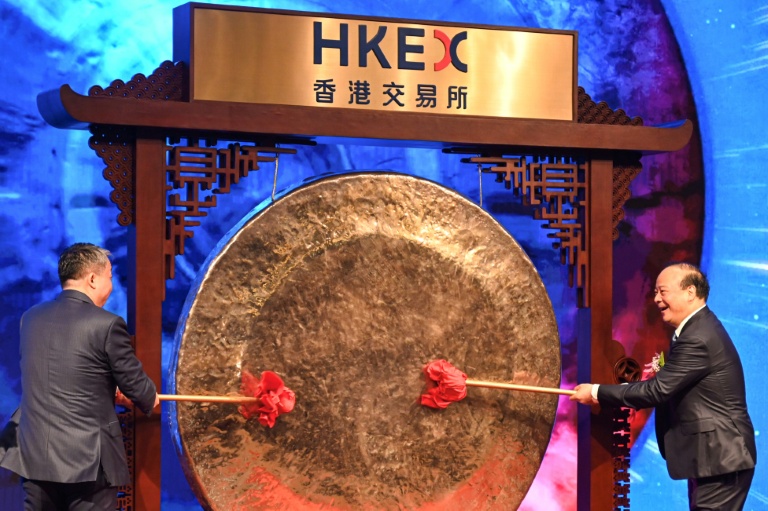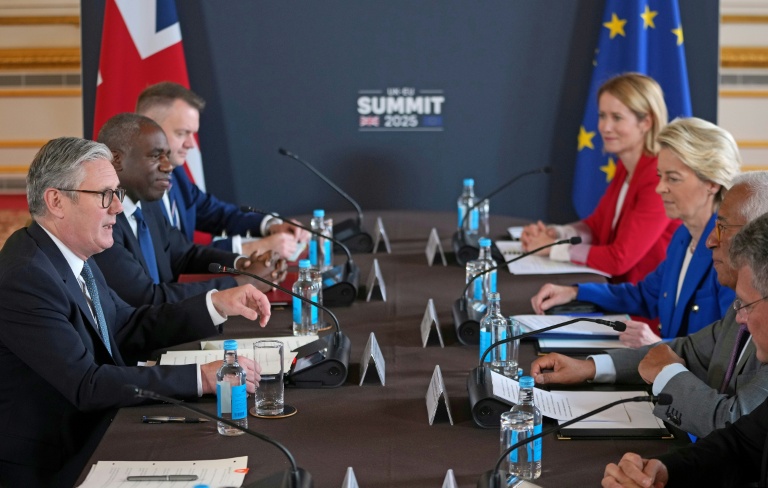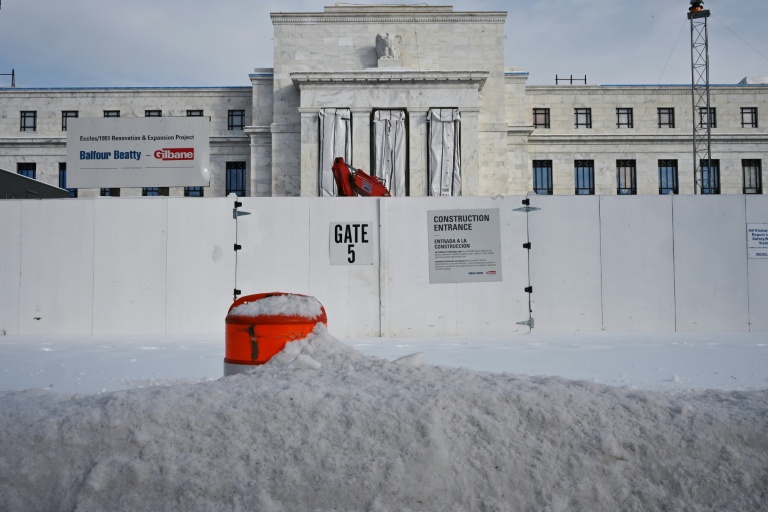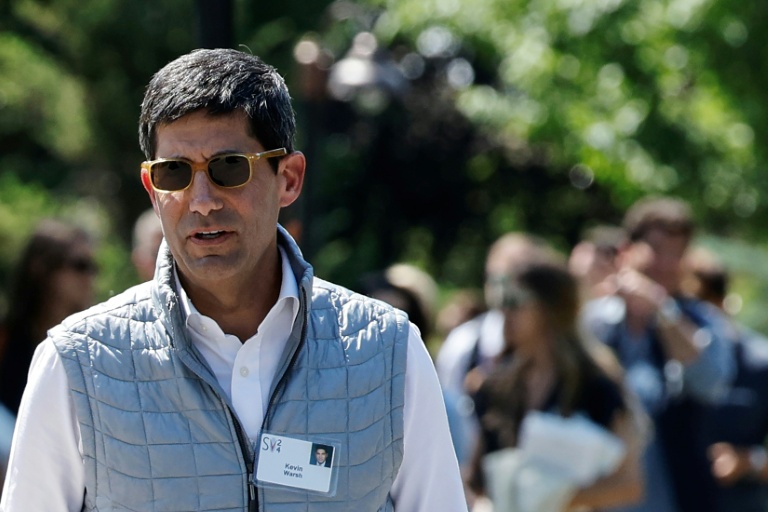London (AFP) – Britain and the European Union on Monday reached a landmark deal setting out closer ties on defence and trade, launching a new chapter after the UK’s acrimonious exit from the bloc five years ago. Opening the first EU-UK summit since Brexit, Britain’s Prime Minister Keir Starmer hailed “a new era in our relationship… We are agreeing a new strategic partnership fit for our times.” The Labour leader called it a “win-win” deal at a later press conference with EU chiefs Ursula von der Leyen and Antonio Costa at his side, adding it was “good for both sides.”
After months of negotiations and last-minute late-night wrangling, the two sides notably agreed to a defence deal which will mean more regular security talks. Britain may possibly join EU military missions, and the deal also paves the way for UK companies to tap into a 150-billion-euro ($167-billion) defence fund being set up by the bloc, although another accord will be needed for that. The two sides also agreed to lift controls imposed on UK exports to the 27-country bloc, in exchange for Britain extending EU fishing rights in British waters, due to expire in 2026, for a further 12 years. Starmer said there would be “real, tangible benefits” for the UK in “security, irregular migration, energy prices” which would result in “bringing down bills, creating jobs and protecting our borders.” Von der Leyen told reporters it was a “historic day,” adding: “We are turning a page. We are opening a new chapter in our unique relationship.”
Starmer had vowed after his Labour Party’s win in last July’s elections to reset ties with Europe following the rancour surrounding Britain’s exit from the EU in January 2020. The UK said the new economic agreement with the European Union eases customs checks on food and plant products to “allow goods to flow freely again.” This was a key UK demand as businesses have reported being drowned in costly red tape. But it said the Court of Justice of the European Union will remain “the ultimate authority for all questions of European Union law” — a compromise certain to raise eyebrows in the UK. The pact adds “nearly £9 billion” ($12 billion) to the British economy by 2040, Downing Street said in a statement. Starmer’s Labour government had argued the original EU deal, painfully negotiated under the UK’s previous Conservative government, “isn’t working for anyone.” But the Conservatives have already dubbed the reset a “surrender summit” and a “sell-out.” “We’re becoming a rule-taker from Brussels once again,” said Tory leader Kemi Badenoch.
Under the final agreement, Britain will keep its waters open to European fishermen for a further 12 years until June 2038, in return for the bloc indefinitely easing red tape on food imports from the UK. The deal “would result in the vast majority of movements of animals, animal products, plants, and plant products between Great Britain and the European Union being undertaken without the certificates or controls that are currently required,” according to the text. French minister Agnes Pannier-Runacher welcomed the deal as “excellent news for our fishermen.” The UK company bosses’ organisation CBI’s chief executive Rain Newton-Smith said it was “a significant win for business” and companies “will be breathing a sigh of relief” amid economic turbulence. But anti-Brexit champion Nigel Farage, leader of the hardline, anti-immigrant Reform UK party, said the deal “will be the end of the fishing industry.”
On youth mobility, negotiators said they would continue to “work towards a balanced youth experience scheme on terms to be mutually agreed,” leaving the fine print for later. Starmer, who has vowed to battle rising irregular immigration, is approaching the issue cautiously amid soaring support for Farage and his Reform party. The talks come as the EU and Britain race to rearm in the face of the threat from Russia and fears that under President Donald Trump the United States will no longer help protect Europe.
© 2024 AFP

